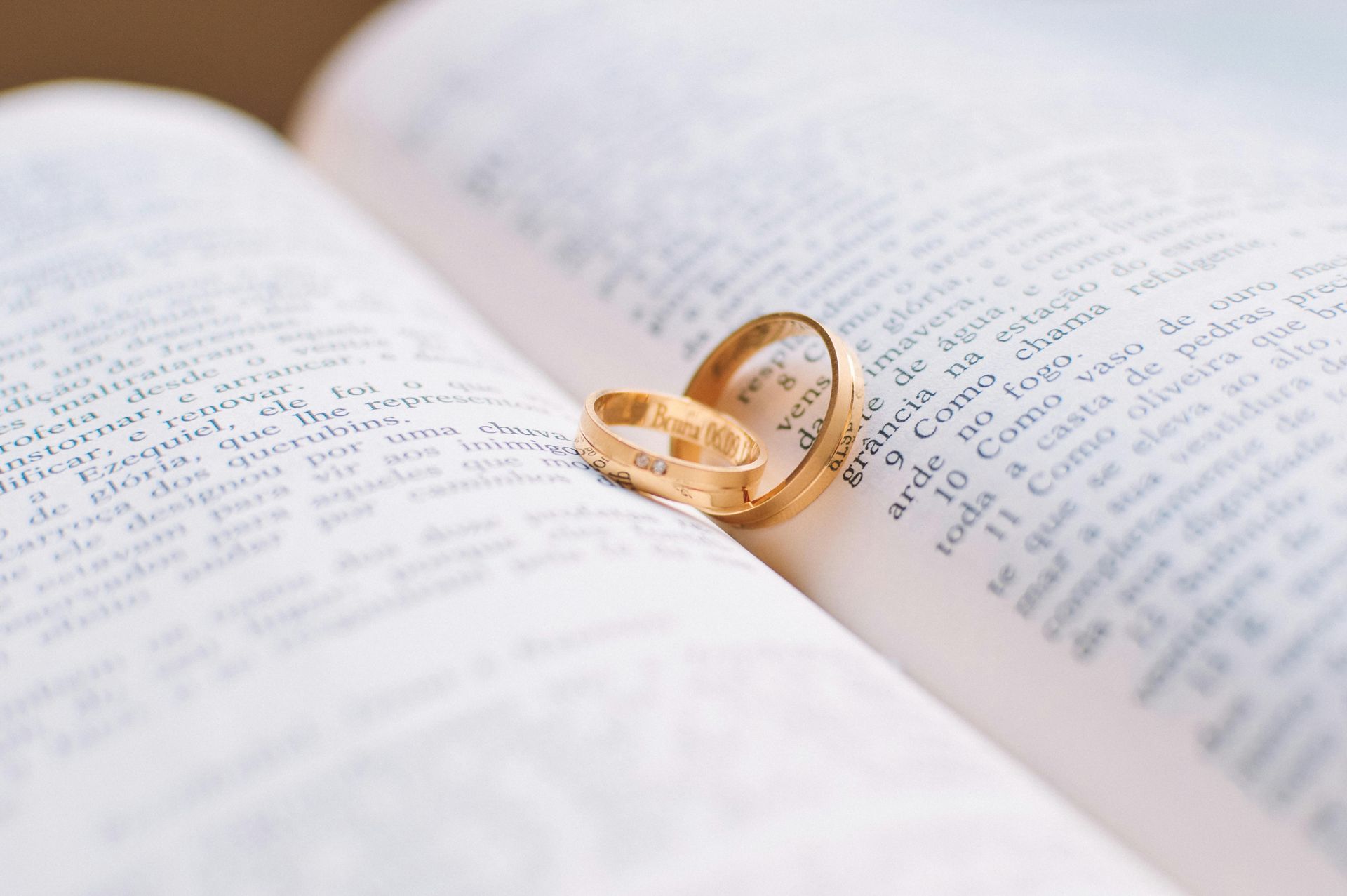Navigating Florida’s No-Fault Divorce Laws: A Comprehensive Guide
Divorce is often one of the most challenging and emotionally charged experiences a person can face. Whether it’s the emotional toll of ending a relationship, the complexities of dividing assets, or the intricacies of child custody arrangements, the process can be overwhelming. However, understanding the legal framework of divorce in Florida, especially its no-fault divorce laws, can help make the journey more manageable. In this blog post, we’ll break down what Florida’s no-fault divorce laws mean, how they work, and how The Hamil Scott Law Firm can guide you through the process with professionalism, empathy, and expertise.
What is a No-Fault Divorce?
A no-fault divorce is one in which neither spouse needs to prove wrongdoing or fault by the other party to dissolve the marriage. In states with no-fault divorce laws, a couple can divorce simply because the marriage is “irretrievably broken,” meaning that there is no reasonable chance of reconciliation.
In Florida, the courts do not require one spouse to accuse the other of misconduct, such as adultery or abuse, in order to file for divorce. Instead, one spouse must only declare that the marriage is broken beyond repair. This simplified approach helps reduce the adversarial nature of divorce, making the process less contentious and potentially faster.
How Does No-Fault Divorce Work in Florida?
In Florida, you or your spouse can file for divorce on the grounds that the marriage is irretrievably broken, which means that neither party needs to prove fault for the dissolution of the marriage. Here’s how the process works:
- Residency Requirements: To file for divorce in Florida, one or both spouses must have lived in the state for at least six months prior to filing.
- Filing a Petition: One spouse, known as the petitioner, files a Petition for Dissolution of Marriage in the local county court. This document outlines the basic details of the marriage and asserts that the marriage is irretrievably broken.
- Responding to the Petition: The other spouse, known as the respondent, must be served with the divorce papers and has 20 days to file a response. If the respondent agrees that the marriage is irretrievably broken, the divorce process proceeds. If the respondent disagrees, the court may order counseling or mediation before proceeding to trial.
- Equitable Distribution: Florida is an equitable distribution state, which means that marital assets and debts are divided fairly but not necessarily equally. The court will consider various factors, such as the length of the marriage and each spouse’s financial contributions, in determining how to divide assets and liabilities.
- Alimony: In some cases, one spouse may be entitled to receive alimony (spousal support) from the other. The court will consider factors such as the duration of the marriage, the standard of living during the marriage, and each spouse’s financial situation in determining whether alimony is appropriate and how much should be awarded.
- Child Custody and Support: If the couple has children, the court will prioritize the best interests of the children when determining custody and visitation arrangements. Child support will also be calculated based on Florida’s child support guidelines, taking into account both parents’ incomes and the needs of the children.
- Final Judgment of Dissolution of Marriage: Once all issues, including property division, alimony, and child custody, have been resolved, the court will issue a Final Judgment of Dissolution of Marriage, officially ending the marriage.
Benefits of No-Fault Divorce in Florida
There are several benefits to Florida’s no-fault divorce laws:
- Reduced Conflict: Because there is no need to prove fault, the process can be less contentious. This can lead to less emotional strain on both parties, particularly when children are involved.
- Faster Process: Without the need to prove fault, the divorce process can move more quickly, especially in cases where both parties agree that the marriage is irretrievably broken.
- Privacy: In a no-fault divorce, there is no need to air personal grievances or discuss private details of the marriage in court, which can help protect both parties' reputations and dignity.
- Focus on Resolution: Without having to assign blame, the focus can shift to resolving important issues such as property division, alimony, and child custody, allowing both parties to move forward more amicably.
Challenges of No-Fault Divorce in Florida
While no-fault divorce offers many advantages, it’s not without its challenges:
- Disputes Over Property and Custody: Even though fault is not an issue in the divorce itself, couples can still face disputes over how to divide marital property, debts, and custody arrangements.
- Alimony and Financial Support: Determining alimony can be complex, particularly if one spouse was financially dependent on the other during the marriage. In these cases, the court must weigh various factors to decide on appropriate financial support.
- Emotional Toll: Divorce, even in a no-fault system, can still be an emotionally draining experience. Issues such as child custody, visitation, and the division of assets can be emotionally charged, leading to stress and anxiety.
How The Hamil Scott Law Firm Can Help
At The Hamil Scott Law Firm, we understand that divorce is never easy, even under Florida’s no-fault system. Our experienced team of family law attorneys is committed to helping you navigate the complexities of the divorce process while protecting your rights and advocating for your best interests. Here’s how we can assist:
- Personalized Legal Guidance: Every divorce case is unique, and we take the time to understand your individual situation and goals. Whether you’re seeking a swift, amicable resolution or need a strong advocate in court, we tailor our legal strategies to fit your needs.
- Asset Division Expertise: Equitable distribution of assets can be one of the most contentious aspects of a divorce. Our team will work with you to ensure that all marital assets and debts are identified, valued, and divided fairly.
- Child Custody and Support: When children are involved, their well-being is our top priority. We help parents create detailed parenting plans that are in the best interests of the children while advocating for fair child support arrangements.
- Alimony and Spousal Support: Our attorneys are skilled in handling alimony disputes, whether you are seeking spousal support or defending against a request for alimony. We’ll work to ensure that any alimony award is fair and appropriate based on the circumstances of the marriage.
- Mediation and Alternative Dispute Resolution: In many cases, mediation can provide a quicker, less adversarial resolution to divorce issues. We are experienced in guiding clients through mediation and alternative dispute resolution methods, helping them reach agreements that work for both parties.
- Compassionate Representation: Divorce can be an emotional process, and we approach every case with compassion and understanding. Our goal is to provide you with the support and guidance you need to make informed decisions and move forward with confidence.
Navigating Florida’s no-fault divorce laws can be a complex process, but with the right legal representation, you can protect your interests and achieve a fair outcome. At The Hamil Scott Law Firm, we are dedicated to providing personalized, compassionate legal services to individuals going through divorce. Whether you’re dealing with issues related to asset division, alimony, child custody, or more, our experienced attorneys are here to guide you every step of the way.
If you’re considering divorce or have already started the process, don’t go through it alone. Contact The Hamil Scott Law Firm today to schedule a consultation and learn how we can help you navigate your divorce with confidence.








